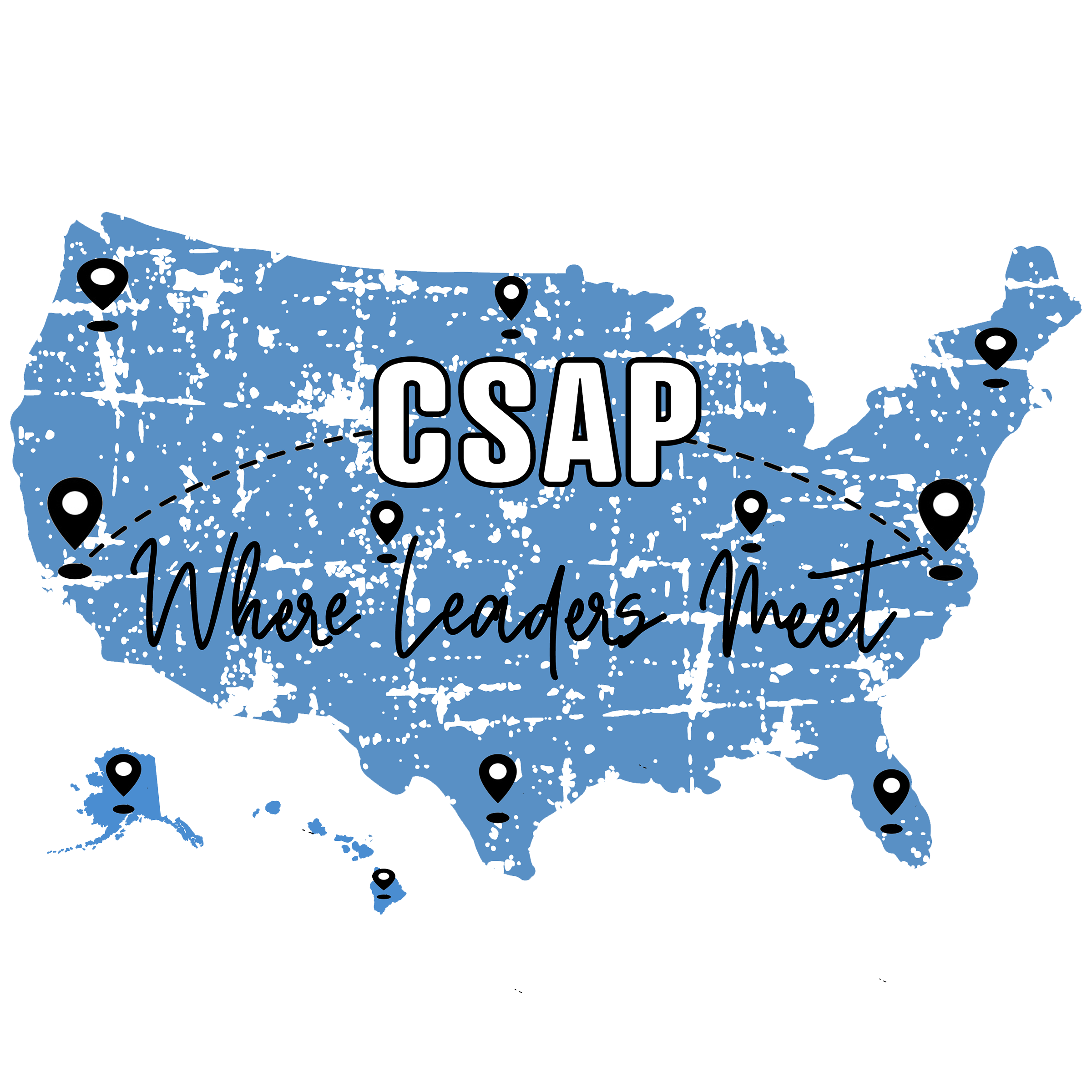 | Council of stateSpeech-Language-Hearing Association Presidents |
2026 President's Welcome Dear Esteemed Council Members, It is with great honor and enthusiasm that I welcome each of you to the 2026 Council of State Association Presidents. As we gather together representing the diverse interests and strengths of our respective states, we embark on a journey of collaboration, innovation, and shared leadership. Our council serves as a unique forum for exchanging ideas, addressing challenges, and building consensus on matters of significant importance to our associations and the communities we serve. Among our most valued initiatives are the annual Spring Conference, the vibrant Fall Conference, our engaging “Chat and Chills,” and our series of informative webinars—all designed to foster professional growth, open dialogue, and a spirit of camaraderie. Your dedication and commitment to excellence have brought you to this table, and it is that same spirit that will guide our collective efforts in the months ahead. This year presents us with both opportunities and challenges. By leveraging our collective expertise and participating actively in these initiatives, we can develop strategies that not only advance our individual associations but also strengthen our nationwide impact. I encourage each of you to share your insights at the Spring and Fall Conferences, connect with peers during Chat and Chills, and contribute to our webinars—each platform amplifying the diverse voices within our council. Together, through these initiatives and beyond, we have the power to influence policy, promote best practices, and set a course for sustained growth and positive change. Let us embrace this responsibility with a spirit of unity, respect, and determination. Thank you for your leadership, your passion, and your unwavering commitment to our shared mission. I look forward to a productive year filled with meaningful achievements and lasting partnerships. With warm regards, Rosalyn Davis, Ph.D., CCC-SLP President, Council of State Association Presidents (CSAP) |




